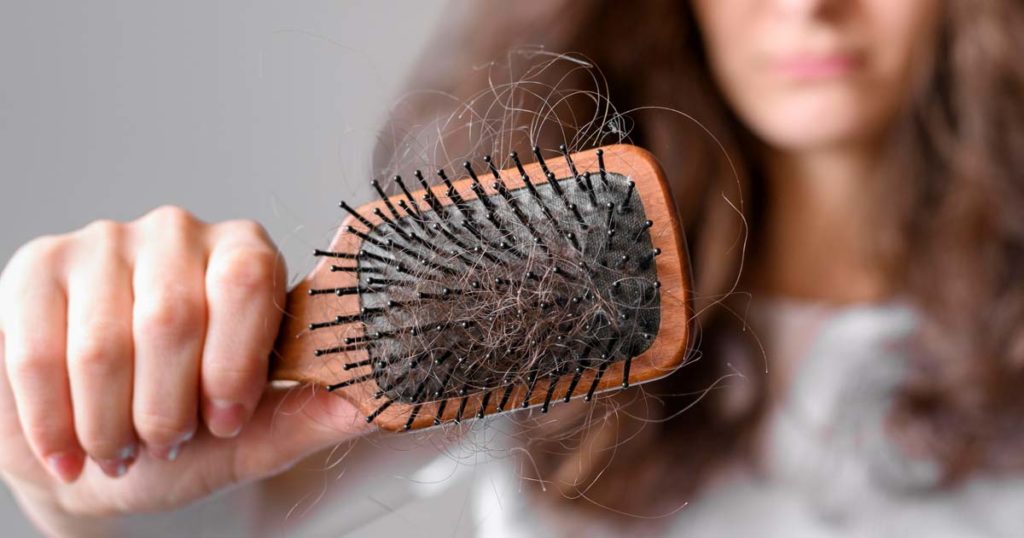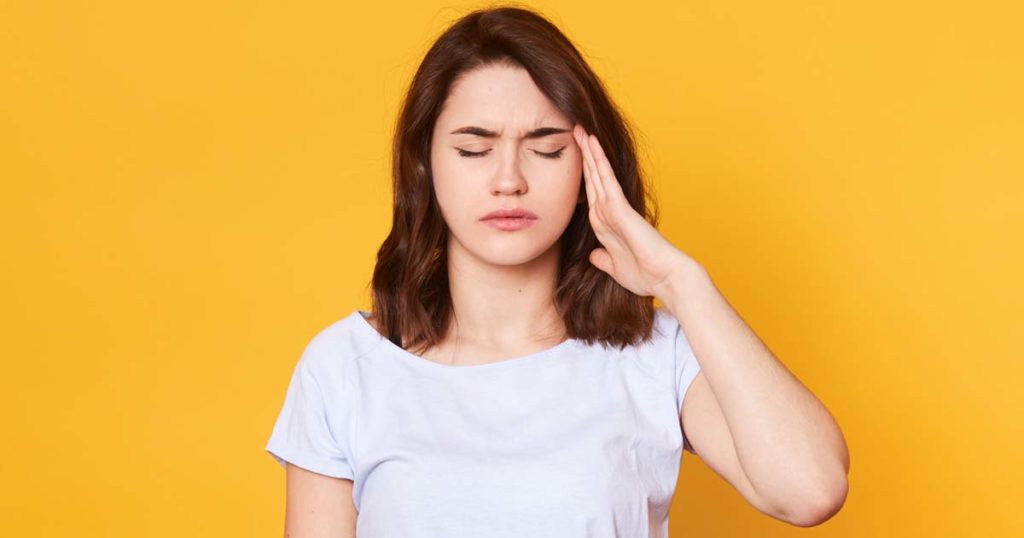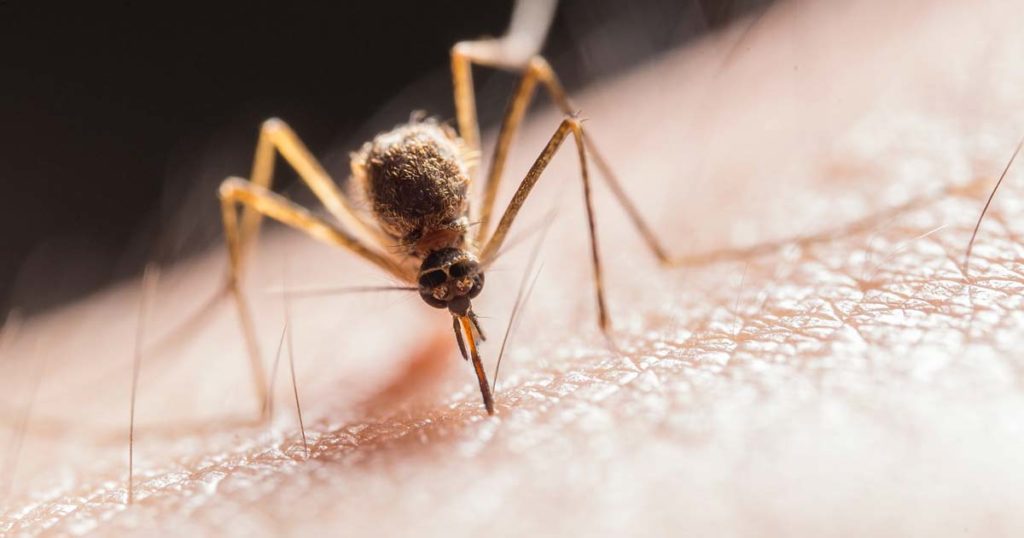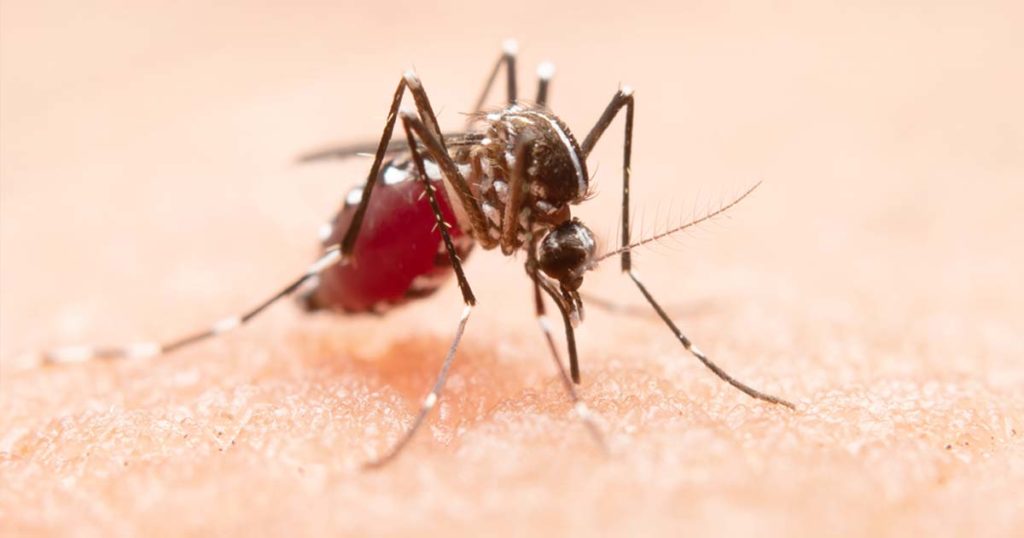Although it affects many women, vaginal dryness is a taboo subject. You can find out why you don’t have to be ashamed, what the causes are and what you can do about it, at 12onions.com
Vaginal dryness manifests itself differently in every woman: It can burn or itch, but stabbing pain or pulling in the genital area are also not uncommon. The pain can also be located in the vagina or a little higher in the vaginal canal. Vaginal dryness can only be a painful problem during sexual intercourse, or it can also have a major impact on everyday life. A dry vagina is usually considered a typical problem during menopause, but it can occur at any age. In addition to pain, vaginal dryness is also a health risk: the sensitive mucous membrane of the vagina protects itself from pathogens with vaginal fluid. Taboo or not: let’s talk about it!
Causes of vaginal dryness
The causes of a dry vagina can be many. If the problem persists, a gynecologist should clarify what the cause is and work out an appropriate treatment plan with you. If you have only recently suffered from it or if the symptoms are not too severe, you can rule out some causes yourself.
The following factors are often the trigger for vaginal dryness:
- Incorrect intimate hygiene
- Psychological factors such as stress or fear
- Hormonal fluctuations
- Diseases of all kinds
- Unhealthy diet
- Medication side effects
#1 Incorrect Intimate Hygiene Dries Out The Vagina
In our everyday life we always want to look particularly well-groomed and clean. Pubic hair in the bikini line is a no-go, the idea that other people turn up their noses when you walk by terrifies us. Accordingly, we regularly use perfume, razors and shaving foam and, of course, washing lotion. The female sex is a sensitive organ: aggressive cosmetics disturb the vaginal flora, if it gets out of balance, vaginal dryness can result. It is better to use a special intimate washing lotion. This is less perfumed and above all pH-neutral. It is enough to wash the vagina externally. Like the eyes, this organ has remarkable self-cleaning powers. And you never get the idea of voluntarily rubbing soap in your eyes.
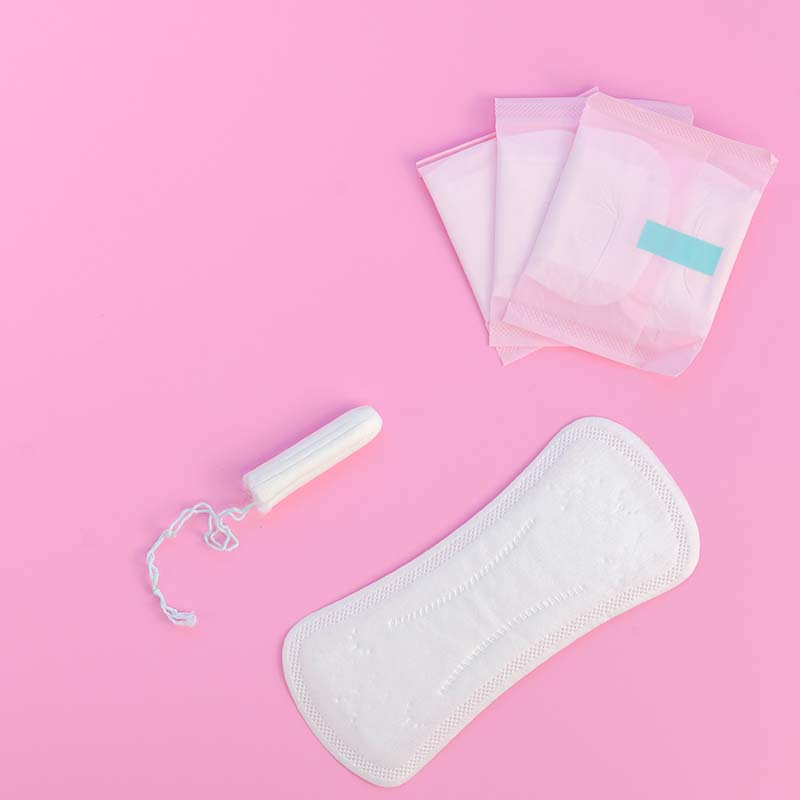
#2 Psychological Problems Also Affect The Vagina
Anyone struggling with psychological problems such as stress at work or family, fear of upcoming exams or worries about financial security can react with vaginal dryness in addition to other psychosomatic symptoms. The interplay of body and mind is increasingly understood. The saying “a healthy mind lives in a healthy body” is also the other way around. Having time for yourself and your needs can help if you suffer from vaginal dryness.
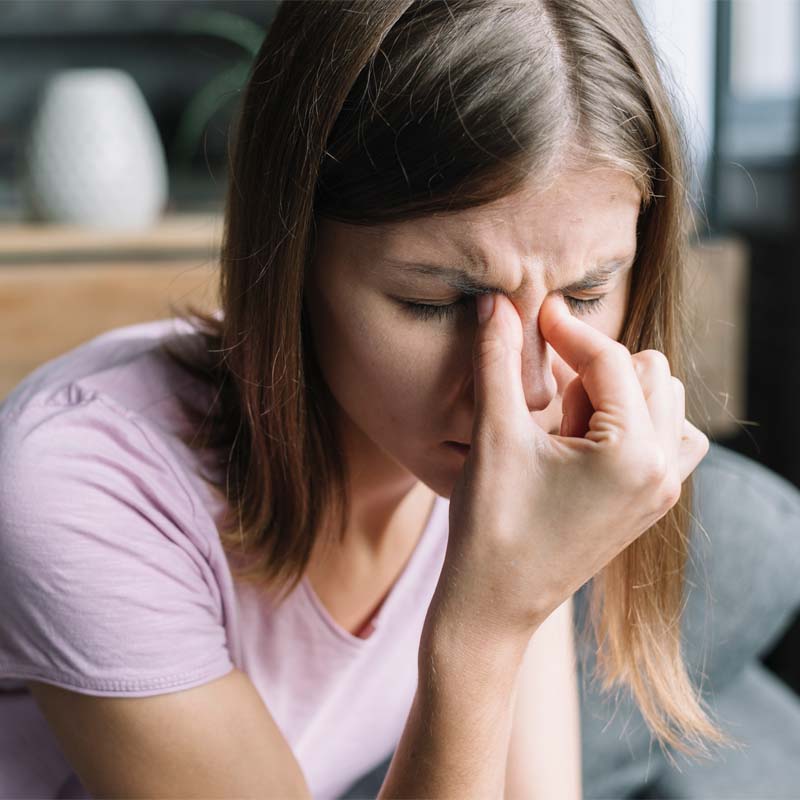
3# Hormonal Fluctuations Can Cause Vaginal Dryness
The hormonal balance determines almost everything in our body: when we get tired, how high our blood pressure and blood sugar level is, they maintain a pregnancy, are released when certain emotions are triggered, regulate our body temperature and also ensure that the vagina is kept moist. If there are fluctuations in the hormonal balance, for example due to the onset of menopause or because you are taking a new drug that interferes with the hormonal balance, your body may react with vaginal dryness. Together with your doctor you can find out whether your hormonal balance is disturbed and bring it back into balance.
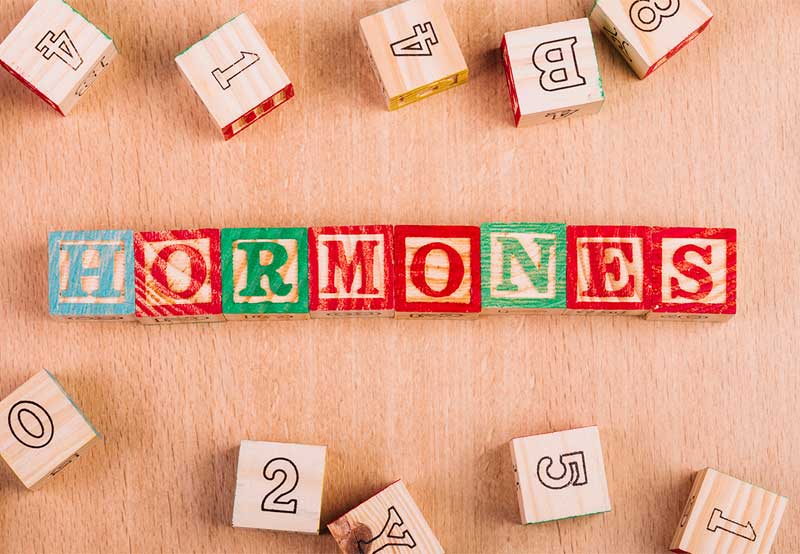
4# Diseases As A Cause Of A Dry Vagina
Illness is stressful for the body. The body reacts to many diseases by changing the hormonal balance. If the illness is serious, the psychological pressure can also be high. A dry vagina can therefore also be the result of illnesses. Clarification with your treating doctor will also help here.
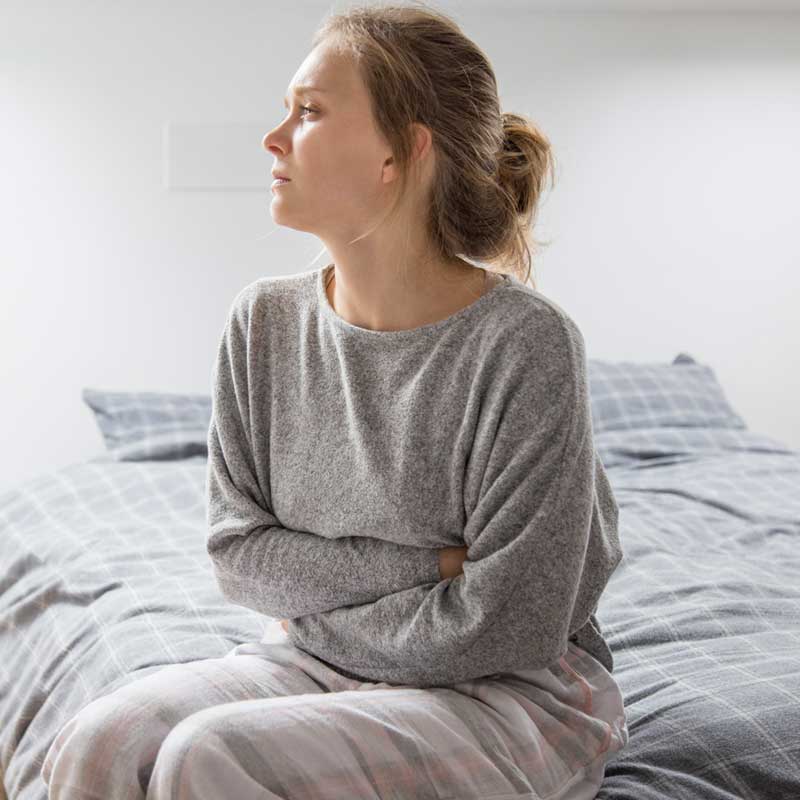
5# Unhealthy Diet And Medication
Those who eat one-sidedly or consume a lot of alcohol and other stimulants not only damage their figure and general health, but can also trigger vaginal dryness. Medication side effects can also cause the vagina to dry out. In both options, the influence on the hormonal balance plays a major role: While you can still control one-sided diet or alcohol consumption yourself, caution is advised with medication: the therapeutic benefit can be more important than the side effect of vaginal dryness. Again, you will have to consult your doctor again.
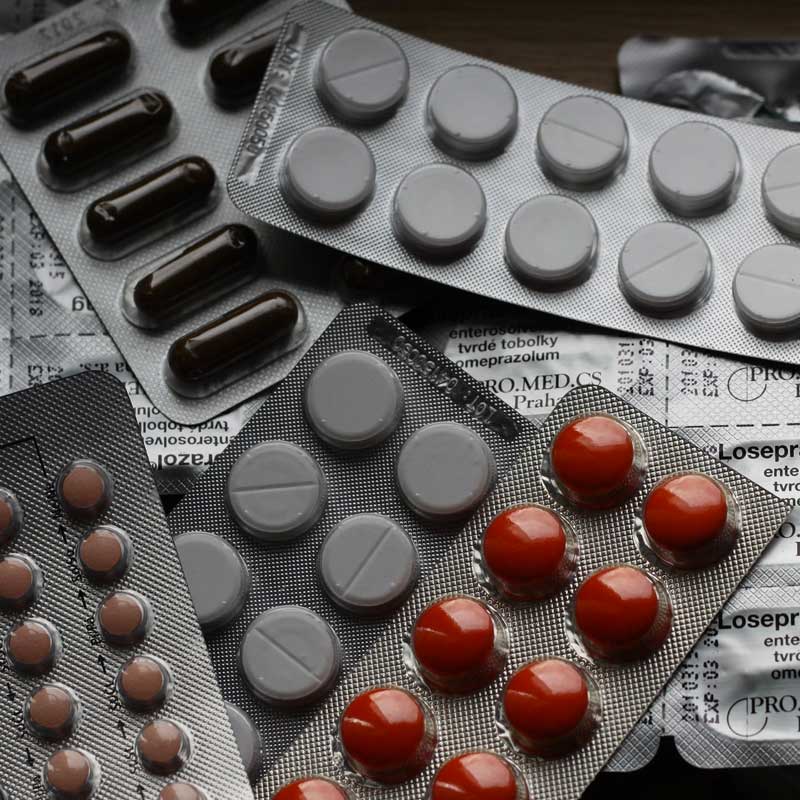
The doctor can do that
Depending on the cause of the vaginal dryness, the doctor has different options. Of course, it must first be clarified what exactly is the trigger. Of course, medication does not help with causes that are due to incorrect intimate hygiene or the general lifestyle. But good advice is often just as good. For vaginal dryness during menopause, your doctor can prescribe hormone patches or estrogen-containing suppositories so that your hormone balance levels off again and the symptoms of a dry vagina relieve. Even with psychosomatic causes, a doctor can help to identify the actual cause and thus regain a better quality of life.

